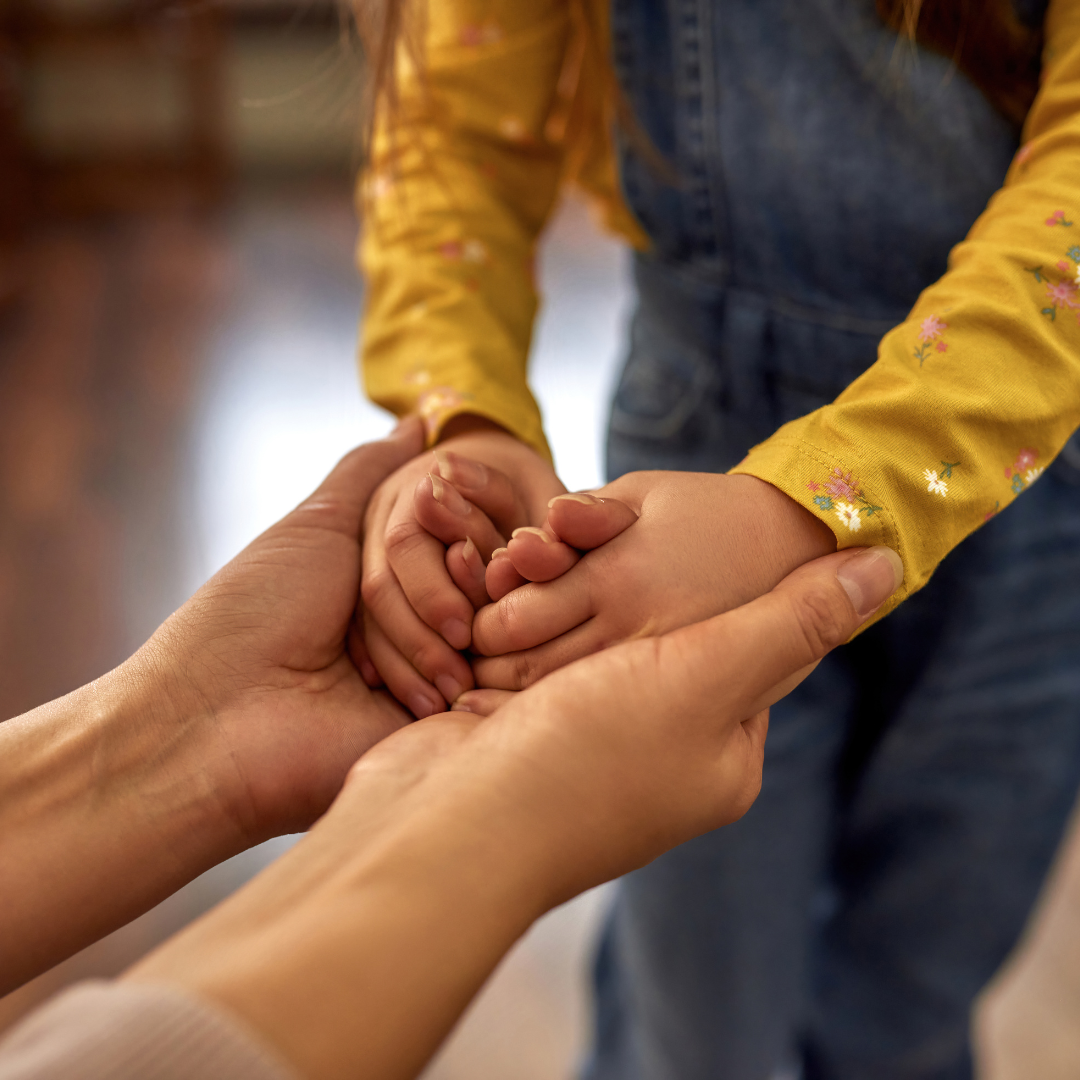Can Kids Today Survive Without a Phone?
One study found that just five days of no screen time improved kids’ abilities to read the emotions of other people. Another study found that the more time spent on screens, the less happy teens were. I know what you are thinking. You are picturing how miserable your teen is when he/she loses screen time – the incessant whining, nagging, and misery. This, folks, is withdrawal from something that gives such quick gratification that initially it seems impossible to live without it.
I have at times required that a family reduce or eliminate screen time if I am going to work with them. What surprises me is the resistance of parents to do this. They know that when they take away screen time, their kids experience mood swings, anxiety, frustration, irritability, loneliness, etc. Basically these kids experience all of the emotional withdrawal symptoms that an addict experiences. I have worked before with teens without a history of aggression who shove their mom when she tries to take the cell phone away and then rage for hours.
Some teens can handle cell phones and the restrictions that should come with them if being supervised appropriately. Some teens truly cannot. If your child screams at you or throws something across the room every time you set a cell phone limit, then she/he can’t handle the stress of having a phone. It is a kindness to remove that stressor as a parent. If you don’t believe that, then you are probably buying into these cell phone myths.















